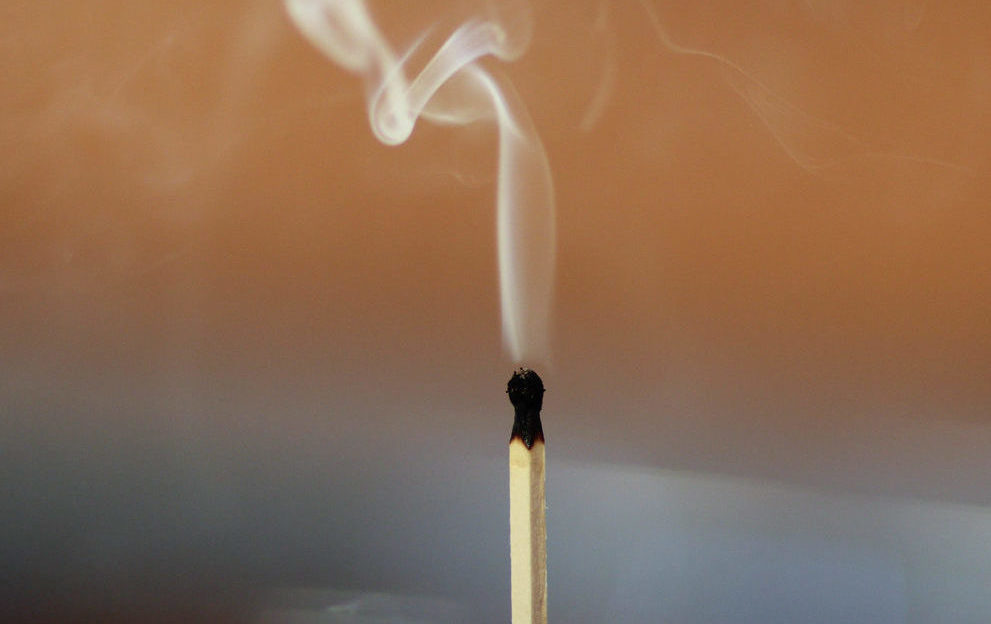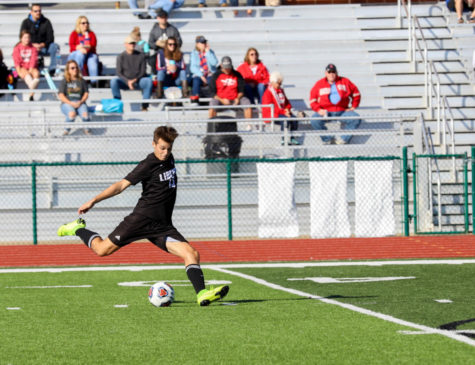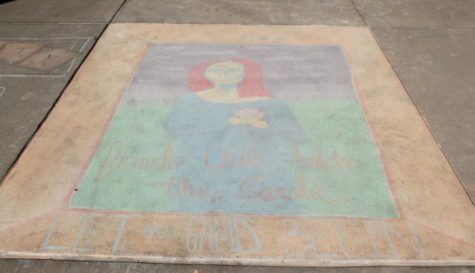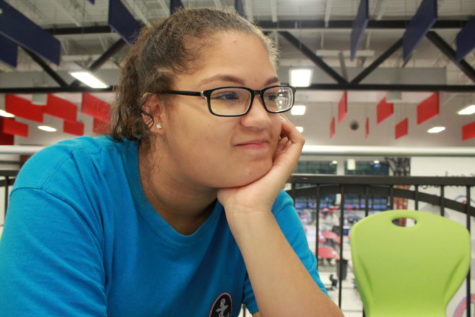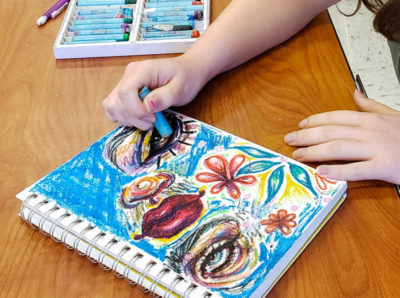Burnt Out? Keep Going
**Trigger Warning: Mentions of Mental Illness & Suicide**
October 22, 2019
This article was penned anonymously, to prevent preconceived notions from affecting the story told.
Seven Months Ago, (March 22) I was discharged from being inpatient from CenterPointe Hospital.
I wish I could say it was a surprise, but people close to me then would probably tell you that it was inevitable. Beginning in January of this year, my mental and physical health had been deteriorating rapidly. What had started as another episode of my MDD (Major Depressive Disorder), had snowballed into daily panic attacks and suicidal thoughts. Every day was a struggle – like it never had been before.
It didn’t help that as an overachieving freshman, I had enrolled in many clubs and advanced classes. My daily routine kept me at school for almost 10 hours every day. When listing off what I was involved in, I’d usually forget about one or two because of how many I was in. Continuing to keep up with those commitments only drove me to a further and deeper fall into burnout.
I was deemed “a gifted child” when I was 8. From then on, I was used to not putting in the effort and getting amazing results. Everything came easy to me, and when it didn’t, it barely took time to pick it up. But when high school hit and burnout struck, I was going down the same hole many gifted students do.
My grades were dropping. I didn’t have the energy to do anything I deemed “useful” with my time. My expectations for myself failed to keep me afloat. Whatever I did accomplish during that time, was out of sheer desperation to getting back to normal.
At school, I kept up the facade that I was ok, simply because of the fact that I didn’t know anything else was acceptable or even possible.
Through all of this, I was only pulling away from friends, even those who saw it worth their time to reach out. Many just thought I needed space and stopped talking to me.
Therapist after therapist, doctor after doctor, I was just diagnosed with more illnesses and no answers.
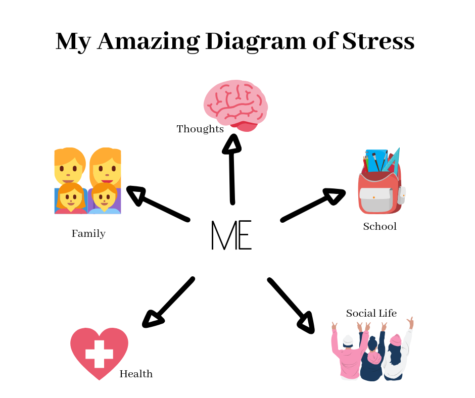
The beginning of the next phase in my life began while I was four hours away from home. I was on a school field trip with people I loved, going for a reason I loved. It was an amazing trip, and I wouldn’t trade anything for that experience.
But the night before we left to go back home, I was alone in the room. I’d developed a migraine, and was throwing up from the impending anxiety of going back home, and I did not want to let anyone down. With my face dry and itchy from saltwater, I got up to unzip my suitcase. Inside of my makeup bag was a mint container filled to the brim with Ibuprofen. I went to the bathroom, with a piece of notebook paper with green colored pencil written on it.
I looked into the mirror and stared back at myself. I hated how I couldn’t do my work. I hated how I had no motivation. I hated me.
And so I downed the container.
Within about 30 seconds, I spit all of the contents into the hotel toilet near me. The rest of the night, I spent running back and forth between the bed and the bathroom, hurling my guts out. Other than the vomiting and stomach pain, I don’t remember much from that night. I don’t want to remember anything else.
And that brings us to the next day, March 17; the day I got admitted to the mental hospital.
To be clear, a mental hospital is nothing like how it’s portrayed in the media. It’s a pretty chill place. But the first night I was there, a girl was tranquilized for screaming about apple juice and then trying to strangle herself with her bedsheets. That night was probably the craziest thing that happened, and the rest of my stay there were the most peaceful days of my life. But the girls that I met there were some of the most real and kindest people I’ve ever met.
The day I got released, I went straight to school in fear of failing myself more than I already had.
Though in a well enough mood to immediately go on another overnight school field trip, I still don’t know if it was because of how bad I wanted to be better. Not feel the pain anymore.
The weeks and months following were slow and painful. Coming home was weird. My room felt like it had a layer of cling wrap or something on it, still dividing me from my old self.
After being discharged, I had to go to the outpatient facility three times a week, and made more friends; many of which I still keep in contact with. Catching up in school was a weird process, and I didn’t cope with it well. After a few weeks of feeling better (“straight outta Centerpointe”) I was feeling the burnout setting back in.
People were expecting me to be magically better because of the hospital; but really nothing was changed. The workload and the expectations only pulled me faster into the feelings I felt before.
All of the creative ideas I had would soon fizzle out into fear of failure. I denied calls from friends, but felt lonely as ever. I stopped talking to my family, sometimes going days without saying a word to my sibling. My room was a pigsty and I had no intention of changing it.
To explain burnout in one word, it would be ‘snowballing.’ Everything around you is snowballing until it’s a huge avalanche that you can barely outrun.
I remember thinking that my whole life had burned down, all credit to myself. And maybe I still feel like that.
These days, I don’t really know how I feel. Some days are better than others, and treatment feels like it’s never-ending. These after-school activities have become my salvation, keeping me busy with commitments that mirror my passions.
Burnout isn’t an illness in itself, but it can pair with other ones to become a larger issue. And though more common than people may think, we need to understand that it is not an issue that can be ignored.
If you are one the edge, about to jump in; if you are heading toward it; if you know that it’s inevitable – reach out. Sometimes other people are the ones you need to help yourself.
- 1-800-273-8255 (National Suicide Prevention Lifeline)
- 1-800-784-2433 (National Hopeline Network)
